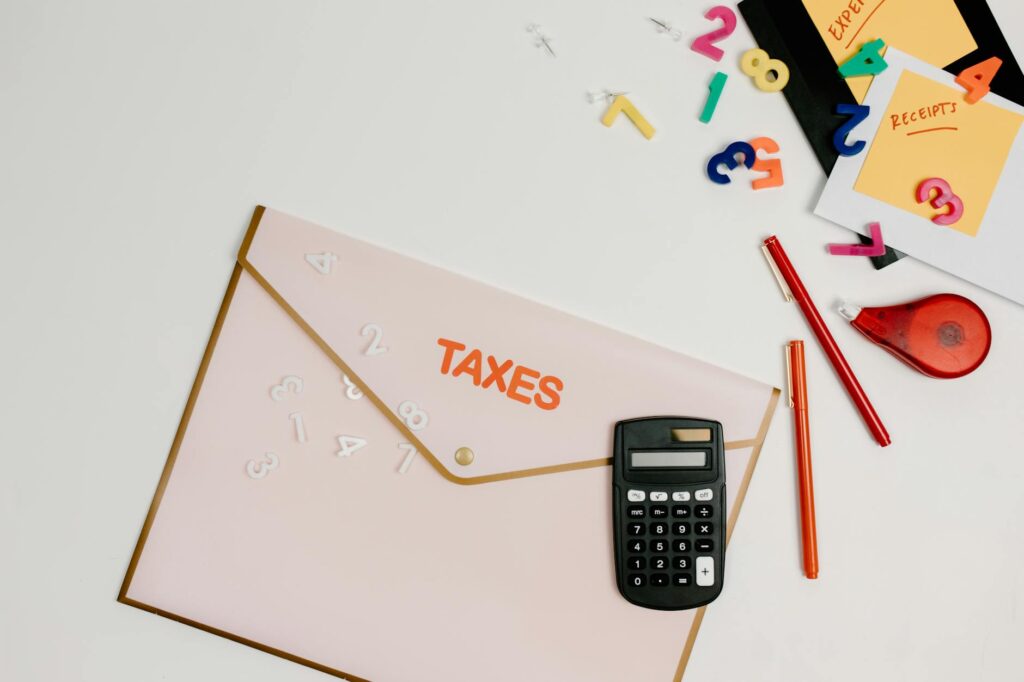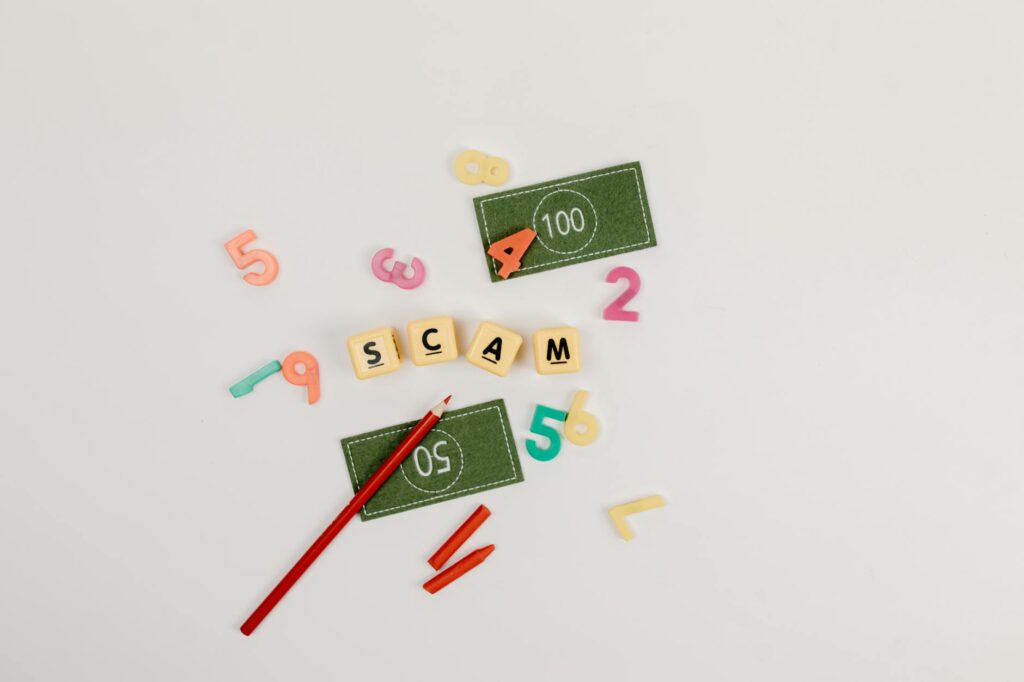It’s a tough pill to swallow, but many find themselves staring at a $0 emergency fund. It’s scary, but it’s not the end of the world. This guide provides actionable steps to build your safety net from scratch.
Understanding Your Current Financial Situation
Before we start building, we need a clear picture of where you are. Track your income and expenses for a month to see where your money is going. 
Creating a Realistic Budget
Once you know your spending habits, create a budget that works for you. There are many budgeting methods like the 50/30/20 rule or zero-based budgeting. Find what suits you best. Learn more about budgeting techniques here.
Identifying Areas to Cut Back
Look for areas to trim expenses. Can you reduce subscriptions, switch to cheaper brands, or cut back on eating out? Even small changes can make a big difference. 
Exploring Additional Income Streams
Consider ways to increase your income. This could include a side hustle, freelancing, selling unused items, or taking on a part-time job. Check out these side hustle ideas.
Setting a Savings Goal
Decide on a realistic savings goal for your emergency fund. Start small – aiming for $1000 is a great first milestone. Then, adjust as you become more comfortable.
Automating Your Savings
Set up automatic transfers from your checking account to your savings account. Even $20 a week adds up over time. Automate as much as possible to avoid forgetting.
Choosing the Right Savings Account
Select a high-yield savings account to maximize your interest earnings. Compare rates and fees from different banks to find the best option. Compare savings account rates here.
Building Good Financial Habits
Start developing good financial habits, like paying your bills on time, avoiding unnecessary debt, and prioritizing saving. These habits will serve you well in the long run.
Tackling Existing Debt
High-interest debt can derail your savings goals. Prioritize paying down high-interest debt while building your emergency fund. Consider debt consolidation or balance transfers.
Using Budgeting Apps
Utilize budgeting apps to track spending, set goals, and monitor your progress. Many free and paid options are available. 
Seeking Financial Guidance
Consider seeking professional advice from a financial advisor. They can provide personalized guidance and help you create a plan to achieve your financial goals.
The Power of Small Wins
Celebrate small wins along the way. Acknowledging progress will help maintain motivation. Every dollar saved brings you closer to your goal.
Emergency Fund Strategies
Explore different approaches to building your emergency fund, such as the snowball or avalanche method. Learn more about different saving strategies here.
Utilizing Credit Wisely
Understand how to use credit responsibly and avoid accumulating high-interest debt. This is crucial for a stable financial future. Learn about responsible credit card use.
Protecting Your Income
Consider options to protect your income, such as disability insurance or unemployment insurance. This is an important step to manage unexpected financial disruptions.
Reviewing and Adjusting
Regularly review your budget and savings plan. Life changes, so you’ll need to adapt your plan to fit your circumstances. 
The Importance of Patience and Persistence
Building an emergency fund takes time and dedication. Stay patient and persistent, and you’ll reach your goals eventually.
Conclusion
Starting from zero is challenging, but achievable. With determination and a well-defined plan, you can build a robust emergency fund that provides financial security and peace of mind. Remember to celebrate every milestone along the way!
Frequently Asked Questions
What is the ideal amount for an emergency fund? Ideally, you should aim for 3-6 months’ worth of living expenses in your emergency fund.
What if I have unexpected expenses before I reach my savings goal? Consider dipping into your savings for emergencies, but prioritize rebuilding the fund as soon as possible.
What if I cannot cut back on any expenses? Explore additional income streams to supplement your income and enable savings.
Can I use a credit card to cover unexpected expenses? Only use your credit card as a last resort and ensure you have a plan to pay it off promptly to avoid high-interest charges.
What should I do if I face overwhelming debt? Seek help from a credit counselor or debt management agency. They can provide personalized guidance to manage and resolve overwhelming debt.


